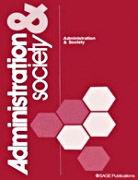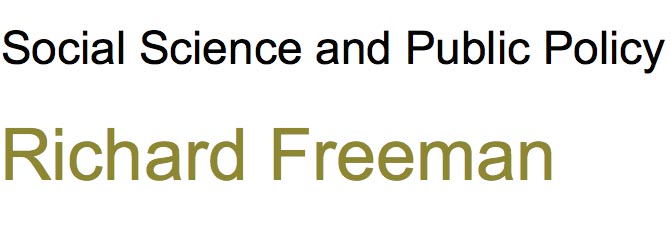 How do policy makers come to know what they know? How do they think of learning? And how does that inform what they do? In this qualitative, empirical study, public health officials variously display scientific, institutional, and more socially situated epistemological strategies or rationalities. In turn, the study reveals that a key element of what they do is “piecing together,” assembling and literally making sense of different bits of information and experience, often creating something new from what they have acquired secondhand. It shows how much policy making is knowledge work, and how learning might be thought of as a process of epistemological bricolage.
How do policy makers come to know what they know? How do they think of learning? And how does that inform what they do? In this qualitative, empirical study, public health officials variously display scientific, institutional, and more socially situated epistemological strategies or rationalities. In turn, the study reveals that a key element of what they do is “piecing together,” assembling and literally making sense of different bits of information and experience, often creating something new from what they have acquired secondhand. It shows how much policy making is knowledge work, and how learning might be thought of as a process of epistemological bricolage.
Source: Administration and Society 39 (4) 476-496
